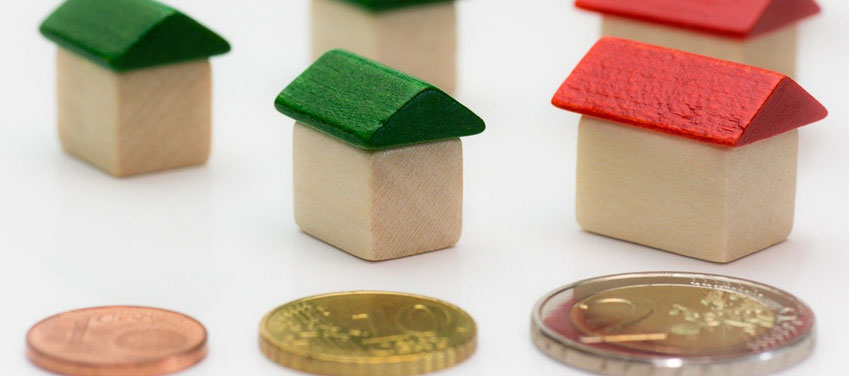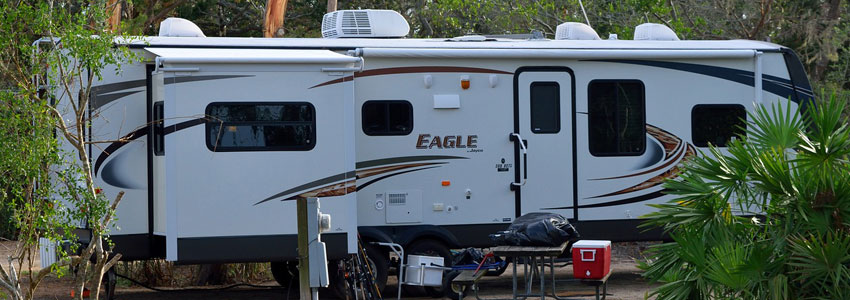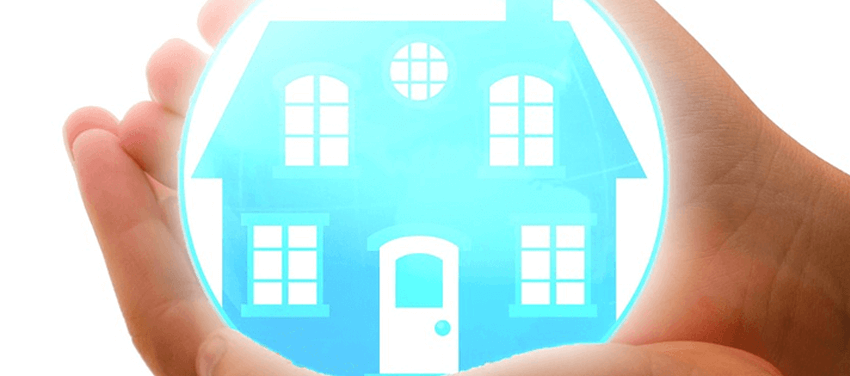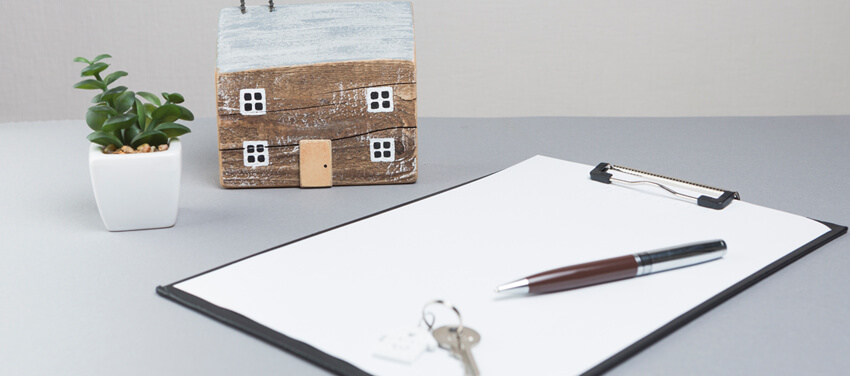When you are purchasing a house with a mortgage, the financial lender will usually require you to pay a house deposit or mortgage deposit, which is a lump sum payment up front that forms part of your property purchase.
The size of your mortgage deposit is key to getting a good mortgage deal and without a deposit you are unlikely to be able to get a mortgage at all.
How much deposit do I need to buy a house?
You will need a mortgage deposit of at least 5% of the property value in the current UK mortgage market. Or put another way, a financial lender will lend you 95% of a property’s value.
5% is the minimum amount but it is better to save more and have a larger mortgage deposit. Use our mortgage deposit calculator to work out how long it could take you to save up your target amount..
Reasons to have a bigger Mortgage Deposit
The bigger your deposit is, the better mortgage deal you will be offered with a lower interest rate and a smaller overall mortgage to pay off. It is recommended that you put down a mortgage deposit of at least 15% for the best mortgage deals. But if you have 25% to 40% then even better.
Cheaper mortgage repayments – the more deposit you have, the smaller your loan will be and therefore your monthly repayments will be less.
Lower interest rates – lenders are more likely to offer you competitive deals with low interest as you are seen as a less risky proposition.
Less likely to fall into ‘negative equity’ – The more money you have invested in your property, the less likely you are to fall into negative equity.
Better mortgage application success – you are more likely to pass affordability checks carried out by mortgage lenders and they may be more flexible on other areas of their lending criteria.
Options for first time buyers
First time buyers may struggle to raise the minimum 5% mortgage deposit, so a temporary government scheme has been introduced called Help to Buy. The Help to Buy scheme offers first time buyers a way to take out a 95% mortgage (5% deposit) when they are struggling to save enough to get on the property ladder.
There are also some 100% mortgages available but these are unusual and are usually dependant on an additional family member acting as a guarantor.
Other costs of buying a house
As well as saving money for a house deposit, you will also need enough money to pay for other costs that are associated with buying a house. These costs can be significant and could affect how much deposit you can put together as you may need to pay these other costs out of the same savings pot.
Costs to consider are stamp duty, mortgage fees and conveyancing charges. Visit our guide to buying a house for further information about these other costs involved.
Final Considerations
A mortgage deposit is one of the most important things to consider when getting a mortgage. The more you can save the better, as you will have access to better mortgage deals and a wider variety of mortgage products.
If you are still unclear about mortgage deposits or require help with any aspect of getting a mortgage, speak with one of our expert mortgage advisers for clarification.





